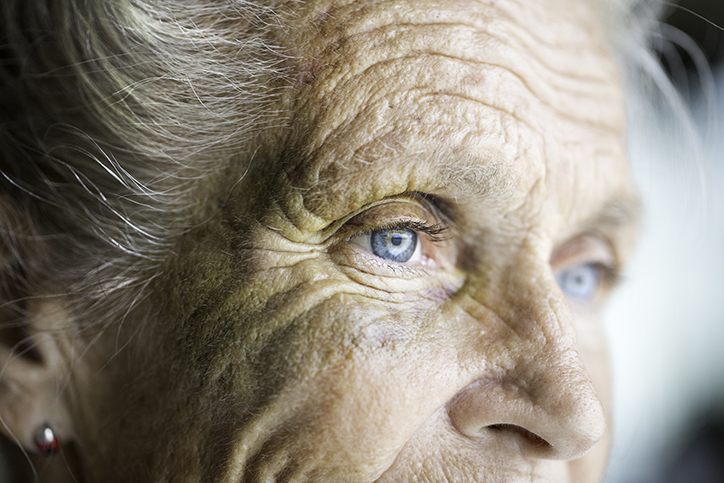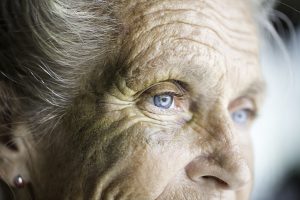

Managing bruising in seniors can be challenging, but these tips can help!
Of the countless changes that occur as people grow older, bruising in older adults is one that can be alarming for family members to see in their loved ones. Conferring with the aging loved one’s physician about any health problem that arises is vital, but bruising in seniors is actually very common. Bruising in seniors often results from the thinning of the skin and a reduction of fat that is normal with growing older. Something as minor as a mild bump to older skin can lead to much more prominent bruising versus younger skin, which is why managing bruising in seniors is so difficult.
Endeavor In Home Care offers the following tips to help with managing bruising in seniors:
What’s the Best Way to Prevent Senior Bruising?
- Be sure that the aging adult’s diet includes plenty of vitamin C, which plays a critical role in collagen production.
- Encourage your family member to wear long pants and sleeves when performing activities that could result in an injury to the skin, like gardening or housework.
- Review the safety of the senior’s home and property, making certain there are broad walking paths clear of objects the individual might trip over or bump into. Endeavor In Home Care can help evaluate the person’s home for safety risks as well.
- If the senior is a smoker, provide support to help them quit. Smoking reduces the production of collagen, which can cause easier bruising in senior skin.
- Review the list of medications below to see if the person is taking any of them, as they can raise the risk of bruising (NOTE: Do not stop any medication without consulting a doctor first):
- Anticoagulants (coumadin, heparin)
- Corticosteroids
- Antiplatelet medications
- NSAIDs (Advil, Aleve, and ibuprofen)
How Can I Help With Healing Bruises?
- Place a cold compress on the bruise for 20 minutes to slow the blood flow to the affected area. This can help decrease the size of the bruise, as well as the swelling.
- If possible, elevate the bruised area.
- Wrap the area with a compression bandage to help decrease swelling.
Seek immediate medical attention if bruises begin to arise for no clear reason, especially if the person has started taking a new medication or if bleeding occurs in other areas of the body, such as the gums or nose.
Endeavor In Home Care’s elder care team is trained in home care services and can address a variety of concerns, including managing bruising in seniors and other aging skin care needs, such as:
- Examining the skin for bruises or other changes
- Support with walking to help prevent falls and other injuries
- Showers or baths and moisturizing
- And more
Contact us today online or at 480-498-2324 for more skin care tips for seniors and to learn more about our Chandler adult home care and care in the nearby areas.


